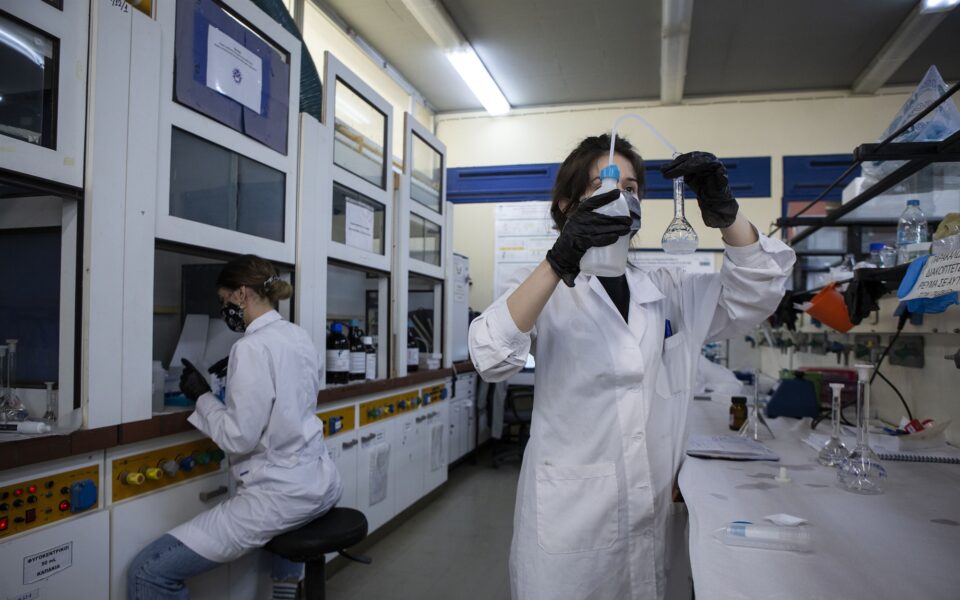The odyssey of Greek research: Navigating beyond ancient shadows

Ancient Greece, renowned for its pioneers in science and medicine such as Aristotle and Hippocrates, has left an indelible mark on the world’s intellectual heritage. These luminaries’ profound contributions serve as the bedrock of the scientific method, zoology, and medical ethics. Their legacy, however, sometimes overshadows the vibrant landscape of modern Greek research amid the hustle and bustle of today’s fast-paced lives.
The question then arises: “Where is Greek research today?” Surprisingly, a Google search from North America primarily returns results related to ancient Greece. So, how can the groundbreaking work of contemporary Greek researchers gain visibility, sharing the limelight with the giants of the past?
In today’s media-driven world, the exposure of scientists and their discoveries often relies on effective communication. Understanding the assessment of scientific progress requires examining three key levels: the country, research institutions, and individual researchers.
Firstly, from a national perspective, Greece ranks 33rd worldwide for documented scientific papers from 1996 to 2022, according to Scimago Journal and Country Rank. Yet, in 2022, it slipped to 38th place. However, when you factor in research data based on population, Greece emerges as a formidable contender, with approximately three times more research per capita than China.
Moving to research institutions, these establishments play a pivotal role in disseminating the work of their scientists. They can improve their reputation, attract students and faculty, and encourage philanthropy through effective communication strategies. For instance, the National and Kapodistrian University of Athens ranks 250th globally in the US News & World Report, excelling in areas such as cardiac and cardiovascular systems and infectious diseases. The NKUA researcher with the most citations is Dr Christine Kourkoumelis. She has an impressive 278,699 citations from her work. Nonetheless, the institution’s international media coverage remains limited, hindering the global recognition of its researchers.
How can the groundbreaking work of contemporary Greek researchers gain visibility, sharing the limelight with the giants of the past?
The third level of assessment revolves around individual researchers. Among the world’s top 1,000 scientists, as ranked by Research.com, only two are based in Greece – George Chrousos and Matthew Falagas. Sadly, their groundbreaking work receives limited international recognition, depriving the global community of their contributions.
Understanding the significance of citations in ranking countries, universities, and individual scientists is essential. Research suggests that increased media coverage for a research article correlates with higher citation rates, potentially indicating a positive feedback loop. Regardless, sharing scientific research with international audiences offers undeniable benefits.
Citations offer a glimpse into scientific value, but meaningful impact occurs when science intersects with life. This impact is not confined to publications, research labs, or conferences. To harness the true value of researchers’ work, it must be brought to the people. Communicating with the public, both locally and internationally, is the key to transforming lives and continuing the legacy of contemporary Greek researchers like Chrousos, Kourkoumelis and Falagas.
Today, with a multitude of effective international communication channels, even organizations without extensive communications offices can leapfrog over expensive and complex systems to reach a global audience. Journalists worldwide are hungry for stories about novel research, irrespective of its origin. By focusing on research, translation, and utilizing existing science communication channels, there is a straightforward process to generate substantial media coverage for Greek researchers. What’s required is the attention and interest to make it happen.
Jessica Johnson Papaspyridis is CEO at Newswise Inc.





